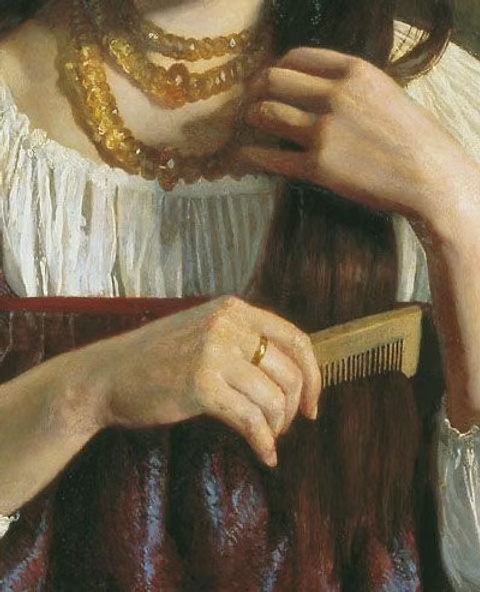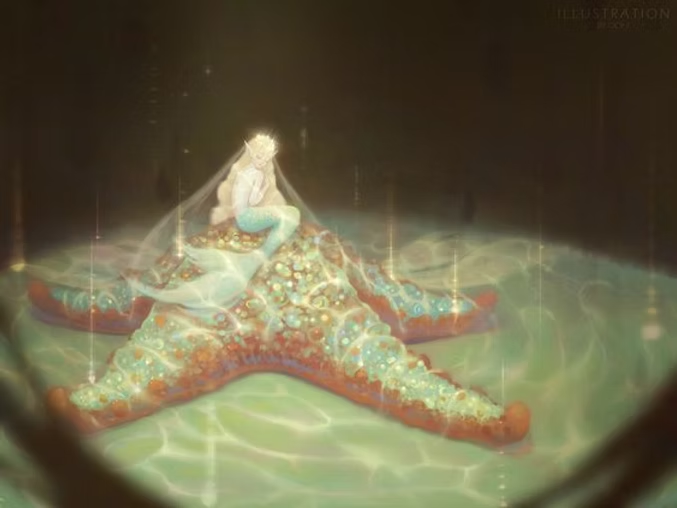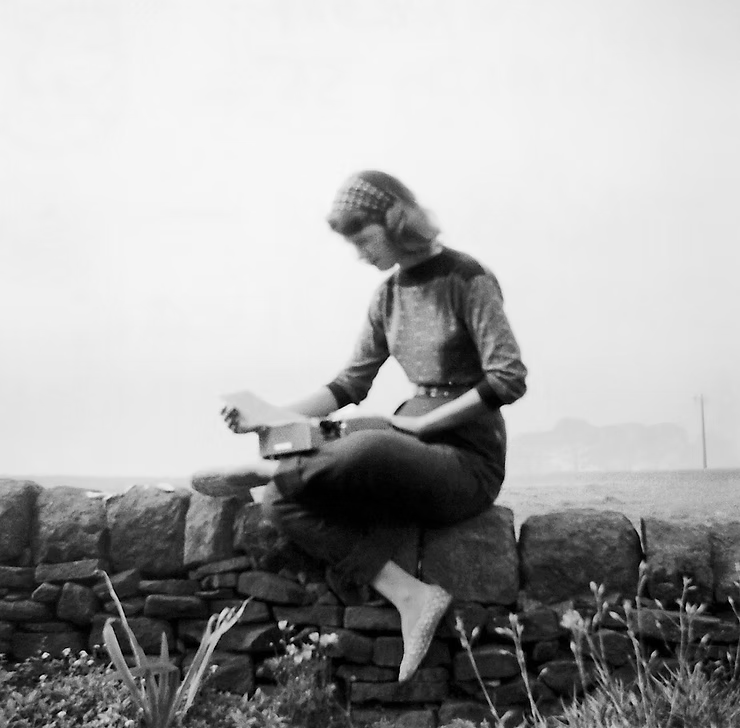Absurdism: Philosophy, Whimsy, Men Take a Seat
Confessing I don’t understand something in literature has never been a strength of mine. I either admit I’m not smart enough for it, or it’s just not for me, but never outright puzzlement. I recognize that everyone has their opinions, but there was one that’s haunted me. Having read bits of Camus, Kafka, Beckett, Gogol, etc., I haven’t found absurdism as earth shatteringly genius as my fellow armchair literary critics tend to laud it. I was disappointed with this realization- less with what I read and more with myself, as I thought it was my stick-up-my-butt girlness that kept me from recognizing its brilliance. I thought maybe I’m not funny or witty enough for it, and that is unacceptable. Wanting to participate in this genre and not knowing how to get over how much I hated it, I beheld an epiphany of epic proportions. It had escaped my notice, by some miracle, that People always seem to be salivating over absurdist fiction without any mention of female writers.
With this thought bulls-eyeing itself into my frontal lobe, all of my favorite books of the last few years flashed before my eyes. In nearly all of them, the writing was absurd, and it was done by women. In my experience, the most astute and impressively clever writers have written through the lens of young women or children. In comparing my eye-gouging experience reading absurdist male characters (sorry Gregor Samsa) to what it’s like reading children or female characters, the existentialism feels less pathetically contrived and more organic, real, and inevitable without being shoved down my throat.
I concede entirely that this musing is misandric- it had better be coming off as such. I hope to illustrate my opinion well that women possess a divine gift for wit that men can only scratch the surface of, and only when they are writing from the perspective of a child. Otherwise they should just stop. Whining, pathetic existentialism is wholly unbecoming when worn by a grown man as a shield against reality. To a reader (me), it comes off as lazy, repellant, and frankly, sociopathic. How do female writers capture that idiotic and eyebrow-raising angst without sacrificing their characters’ humanity? It’s a magic they weave, to create such simultaneously ridiculous and sympathetic people. The differences in writing might be so subtle that I have to pull out my bug kit magnifying glass, but they’re impactful beyond my capacity for explanation.
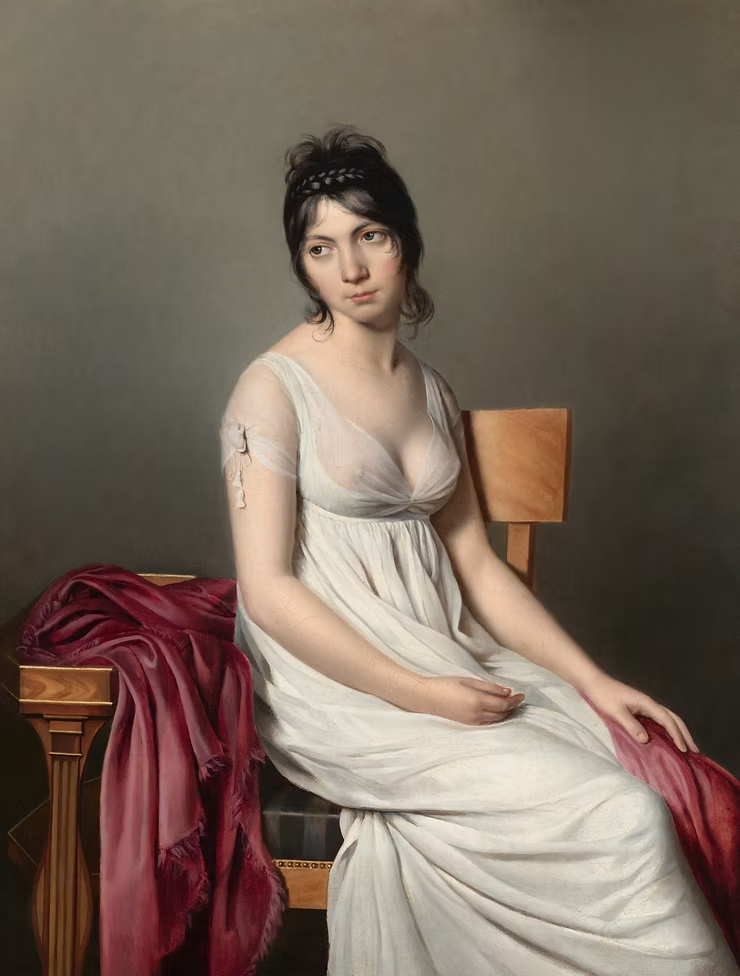
A quick caveat- I have mentioned children by male authors without providing context, so allow me to disclose: Lemony Snicket, Roald Dahl, and Dr. Suess (oh! controversial)’s bodies of work firmly establish them in my “men allowed to be celebrated for absurdist fiction” camp. What sets these authors apart, in my expert opinion, is their treatment of their children characters as equally deserving of existential thoughts and a sharp sense of humor to cope as any adult, if not more so. Often, the children are the only people in their stories without their heads completely up their *!$@!.
Another caveat- an exception I cannot not mention- the Coen brothers knocked it out of the park with the script and direction for O Brother, Where Art Thou. No notes. Just watch it if you haven’t already.
Returning to the topic at hand, I feel I owe, if just for the sake of satisfying my journalistic tendencies, a brief overview of absurdism and why it matters. Writers like Camus, Kafka and Edward Albee (of Who’s Afraid of Virginia Woolf) were of an era of novelists and playwrights reacting to the philosophical revolution of the likes of Kierkegaard and Neitzche. Kierkegaard has escaped my wrath as his philosophy is tantamount to existentialism and I simply do not care enough to go noodling for something specific of his to complain about. And Nietzche is nihilistic enough to withstand most of the ~whimsy~ that followed him, meaning he’s a party pooper, and gets his own post one day.
Emerging from existentialism is the form of comedy known snobbishly as absurdism. Relevant here, and more necessary to fuel my gripes, is absurdist fiction. Unfortunately, it does make a lot of sense to me. Facing dread, sometimes the most freeing thing to do is laugh at the absurdity of our condition and the pain that our self-imposed complications create. The writing is characterized by deadpan reactions, alienation (in the most literal sense of the word) of the mundane, and the non sequitur. What female writers master is the recognition that existentialism is only truly funny when the protagonist knows they cannot escape themselves. I think of Elif Batuman’s Selin, Daphne DuMaurier’s Rebecca, or Ottessa Moshfegh’s nameless Silvia Plath. Their restrained and accepting (arguably defeated?) self-awareness makes them authentic, where male characters become caricatures of human beings and I hate them.
The positing of satire and surrealism as a glimpse into the mind of a young woman does more to explore the human condition than having a man mindlessly kill another and hate his friends and girlfriend while he rots in jail waiting for death. I know I’m comparing literary devices to plot points, but I think that is where absurdism thrives- the omnipresence of life, not what happens in it. Male writers use plot as hooks from which to hang their stale one-liners, where female writers weave tapestries of pathetic humanness.
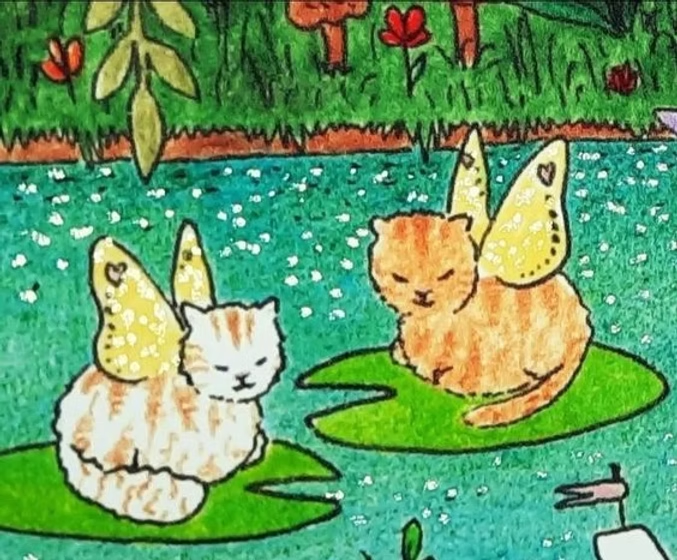
I want to be clear- I believe men can be funny (at times) and I believe men can be thought-provoking (by an act of god). I do not believe absurdist or philosophical fiction is the right medium for men to be both. I think they’re asking too much of themselves. There is an intimacy and a vulnerability that this male-written fiction lacks that makes the female-written novels infinitely more pervasive. I will counter myself, in that garbage writing is not the only thing produced by these specific men. If anything, I am even more outraged by their novels because I know how beautiful their writing can be. Kafka’s letters to Milena are the most beautiful pieces of romantic correspondence I’ve read (except Walker’s, of course) and I have been hunting a copy of them in their entirety for what feels like years now. Camus’ essays boast incredible prose and provocative ideas, which are uplifted by the absence of a direct attempt at humor.
This quasi-anthropological attempt at explaining why I think Elif Batuman eclipses Albert Camus any day of the week is a limited commentary on the discrepancy between male and female writers. As it took me plenty of ruminating to realize how I even define “absurdist fiction,” this is a very narrow examination of the genre. I am no sociologist, so I have no case study-backed theory to explain my observations. My moderately educated guess is that women are inherently primed to capture the nuance and delicacy of existentialist humor. There is an incredible amount of cognitive dissonance required to not go crazy as a woman in a male-dominated society (I think I just misquoted Barbie) and that built-in coping mechanism comes across in these women’s books. What makes their absurdism funny is that it is real. The humor is founded on our daily condition, and doesn’t cower from recognizing it’s own inevitability. Remove the voice too far from emotional reality, as these male writers tend to, and you sound like you’re trying too hard not to participate in society. Even the most nihilistic or existential-dread-loaded person is still a member of our world and governed by the emotional bonds that make us human.
At this point, I lack the articulation to illustrate the specific differences in language setting men and women apart, but even then I think I would fall victim to what I’m trying to burn these men at the stake for. Female absurdist writers convey a feeling that envelops beyond your mind to your whole being. They capture human existence without having to e x p l a i n it to you in plain English. It’s the difference between song lyrics on paper and lyrics layered over thoughtfully composed and produced music that not only emphasizes the story, but adds 3 more dimensions to it. So I will take the note and stop explaining myself, hoping that any dedicated reader making it this far has enough to consider whether or not they think I’ve got a point. And I will leave it at that.
<3 i
